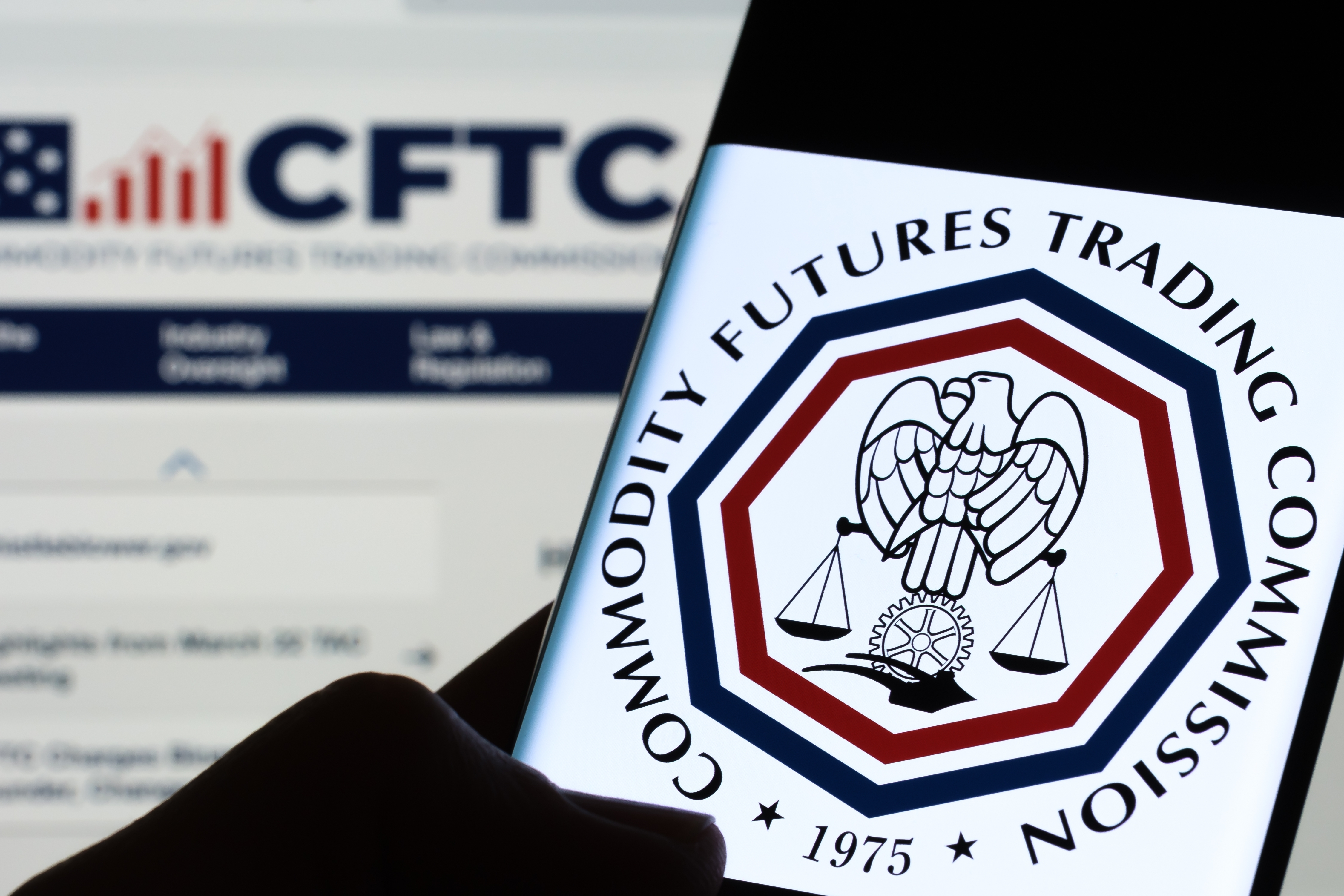CFTC's Regulation 165.19(b) Enforcement: Key Takeaways for Futures and Derivatives Lawyers
R Tamara de Silva
June 17, 2024
TheCommodity Futures Trading Commission (CFTC) today issued an order against Trafigura Trading LLC, a global commodities merchant, for multiple violations of the Commodity Exchange Act (CEA) and associated CFTC regulations. This enforcement action has sparked debate among two CFTC commissioners highlighting the legal and regulatory implications for futures and derivatives lawyers specializing in compliance.
Overview of the CFTC's Enforcement Action
The CFTC's order against Trafigura includes three primary violations:
- Misappropriation of Material Nonpublic Information (2014-2019)
Trafigura traded gasoline while possessing material nonpublic information misappropriated from a Mexican trading entity (MTE). This included MTE's pricing formulas and monthly import programs, which Trafigura used to inform its trading decisions.
- Manipulative Conduct (February 2017)
Trafigura manipulated the benchmark price of U.S. Gulf Coast high-sulfur fuel oil. The company’s heavy bidding and buying activity in February 2017 artificially inflated benchmark values, benefiting its long derivatives position and disadvantaging other market participants.
- Impeding Voluntary Communications with the CFTC (2017-2020)
Trafigura required employees and former employees to sign non-disclosure agreements (NDAs) without carve-out language for communications with law enforcement or regulators. This impeded individuals from voluntarily communicating with the CFTC during the investigation.
As part of the settlement, Trafigura will pay a $55 million civil monetary penalty and implement remedial measures to ensure future compliance with the CEA.
Commissioner Pham's Critique
Commissioner Caroline D. Pham commended the enforcement efforts but criticized the additional charge based on a new interpretation of Regulation 165.19(b). She argued that the rule had never been the subject of a staff advisory or public notice, making its sudden enforcement problematic.
Pham contended that the settlement order inaccurately interpreted confidentiality provisions in job offer letters and employment agreements. The lack of clear guidance on required contractual language leaves companies and their legal counsel in a precarious position, potentially needing to revise thousands of documents without clear guidance.
Another Commissioner’s Perspective
Commissioner Summer Mersinger concurred with the enforcement action but criticized the CFTC’s approach, describing it as "regulation by enforcement." This commissioner argued that the specific charge against Trafigura was inconsistent with the text and intent of Regulation 165.19(b).
The commissioner emphasized that the CFTC’s new interpretation effectively mandates the inclusion of specific “carve-out” language in NDAs without prior notice or communication. This reinterpretation, according to the commissioner, is inconsistent with the regulation’s original intent and common legal understanding.
Broader Context and Additional Investigations
Trafigura's settlement with the CFTC comes amid several other investigations into the company and a history of bad conduct from one of the largest trading houses in the world.
In March, Trafigura pled guilty to U.S. charges of bribery in Brazil and agreed to pay $127 million in files, which is not that much for a company that in the six month precedent made $1.5 billion in profits.
As an aside, Trafigura and its former chief operating officer, Mike Wainwright are scheduled to go on trial in Switzerland on charges of bribing offiicials in Angola. (1)
Implications for Futures and Derivatives Lawyers
The divergence in viewpoints among CFTC commissioners underscores the complex legal and regulatory implications for firms and lawyers specializing in futures and derivatives compliance. Some possible concerns may be:
1. Regulation by Enforcement: Concerns about regulating through enforcement rather than clear rulemaking can lead to confusion and increased compliance costs for firms. This was raised as a concern by Commissioner Pham. Futures and derivatives lawyers must stay vigilant and proactive in advising clients on regulatory developments.
2. Ambiguity and Fair Notice: The lack of clear guidance on what constitutes a violation of Regulation 165.19(b) places an unfair burden on companies. Legal professionals must help clients navigate these ambiguities to ensure compliance and avoid inadvertent violations.
3. Legal Definitions and Interpretations: The debate over the interpretation of “action” within Regulation 165.19(b) illustrates the challenges in applying regulatory definitions consistently. Lawyers must ensure that clients understand and comply with these definitions to mitigate legal risks.
4. Impact on NDAs: The enforcement action against Trafigura raises concerns about the future use of NDAs in commodity firms and other market participants. Legal counsel must consider including specific carve-out language for disclosures to the CFTC to protect clients from potential penalties and possibly going back and amending existing agreements.
Moving Forward: Navigating Compliance in Futures and Derivatives
For futures and derivatives lawyers, staying informed about evolving interpretations of CFTC regulations is crucial. Commissioner Pham’s call for a GAO study on the CFTC’s internal procedures highlights the need for greater transparency and accountability within the agency. Clear, consistent, and transparent regulatory guidance is vital for fair and effective enforcement, ensuring that market participants have adequate notice and understanding of regulatory requirements.
As the legal community navigates these challenges, ongoing dialogue and scrutiny will be essential to address the complexities of compliance in the global marketplace. The differing perspectives within the CFTC highlight the need for a balanced approach that protects market integrity while providing clear and fair guidance to regulated entities.
In conclusion, the CFTC’s recent enforcement action against Trafigura Trading LLC presents challenges and uncertainties for businesses and legal professionals. Futures and derivatives lawyers must stay vigilant and proactive in compliance efforts, helping clients navigate the complexities of regulatory expectations to ensure fair and effective enforcement in the global financial markets.
If you need legal guidance on futures and derivatives regulation and compliance matters, contact us. Ensure your firm stays compliant and protected in the ever-evolving regulatory landscape.
R Tamara de Silva
Endnotes:
(1) https://www.ft.com/content/cbef56e4-ff82-4a1e-9e4d-061debdc2795


